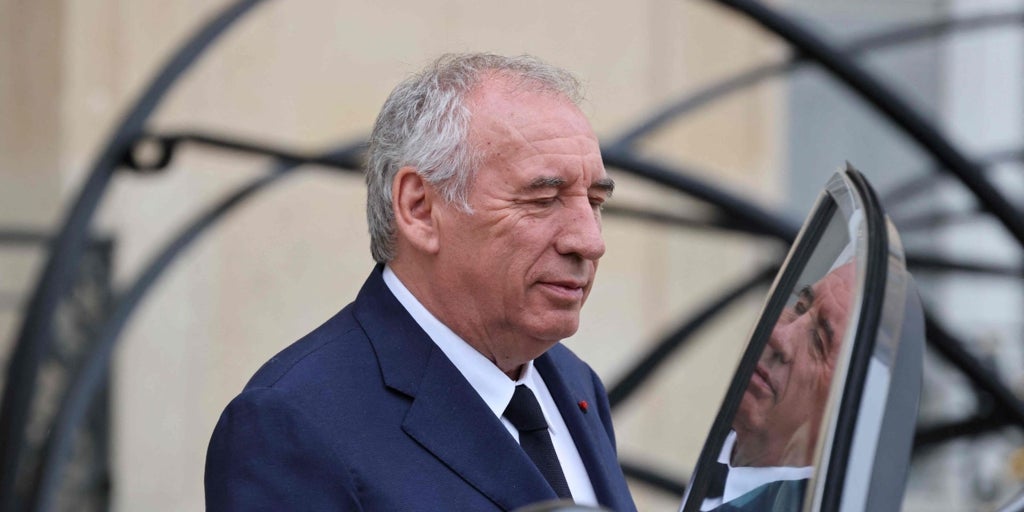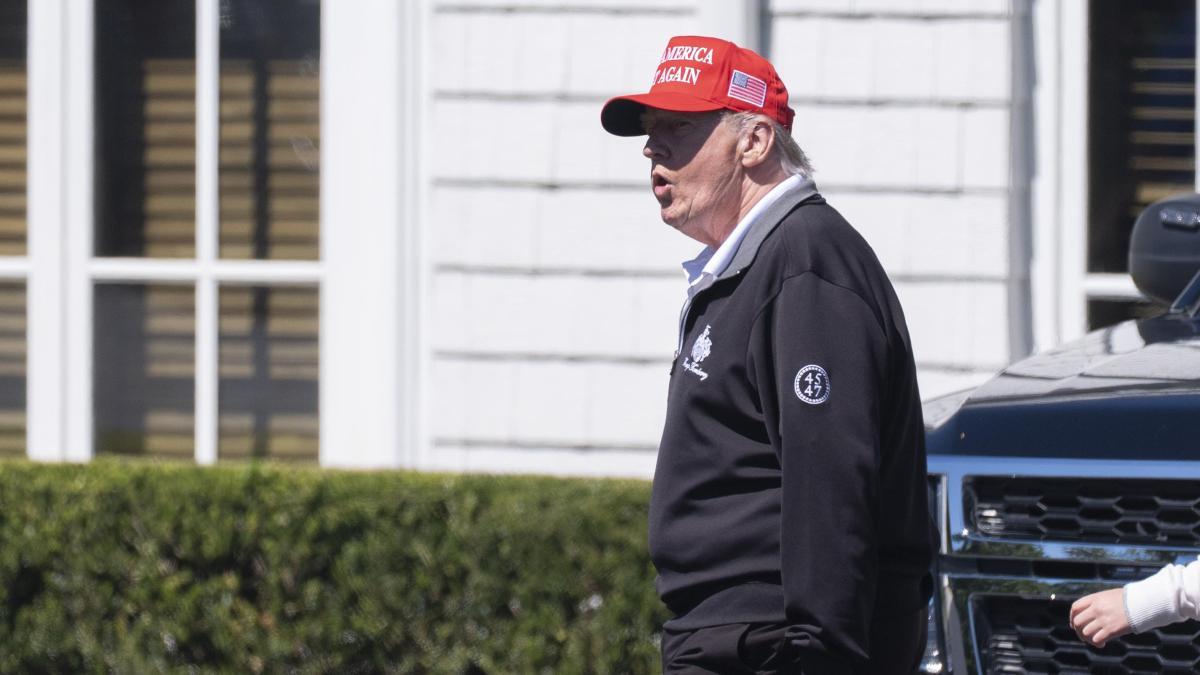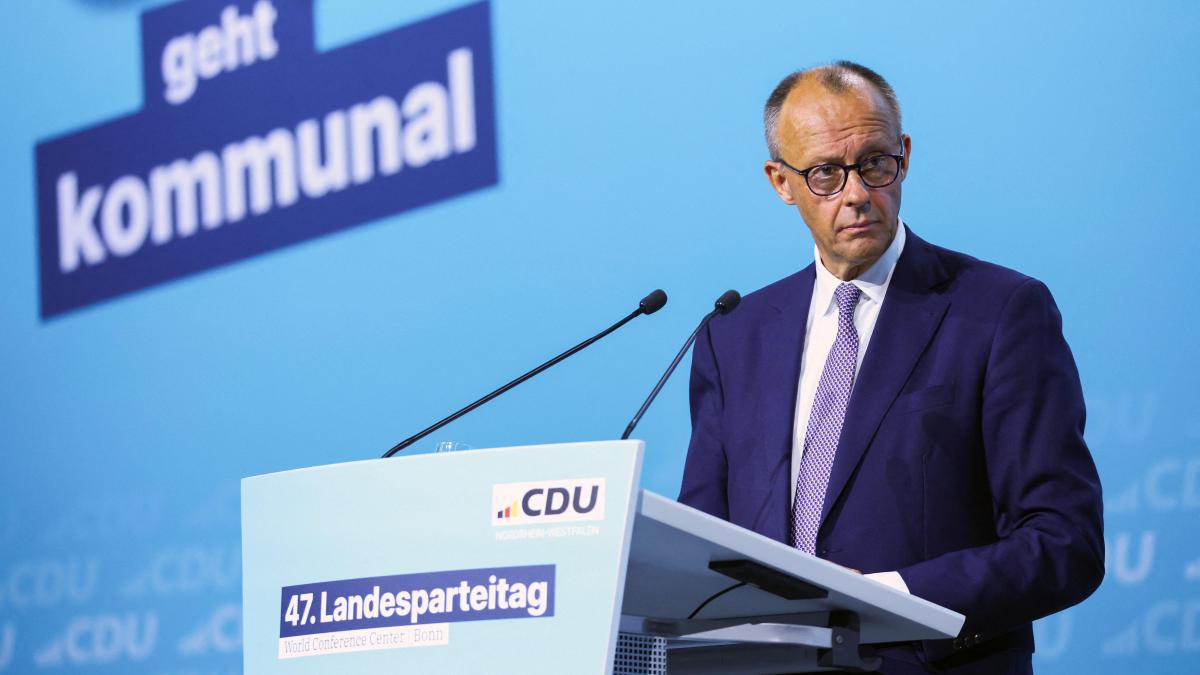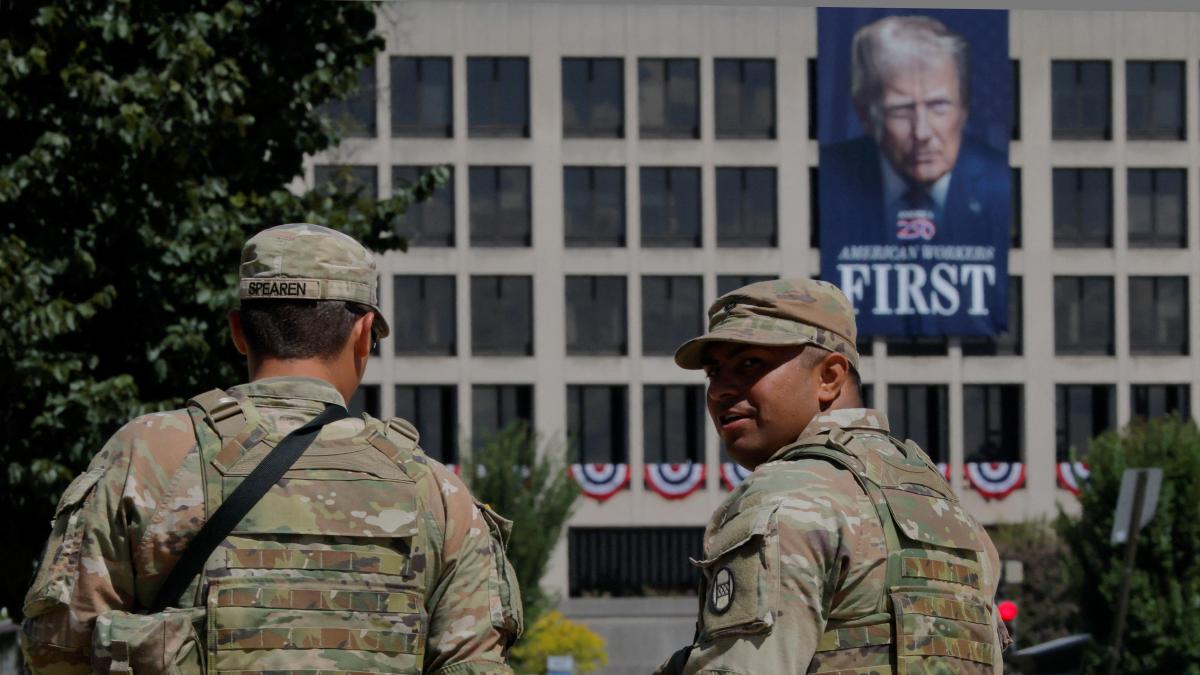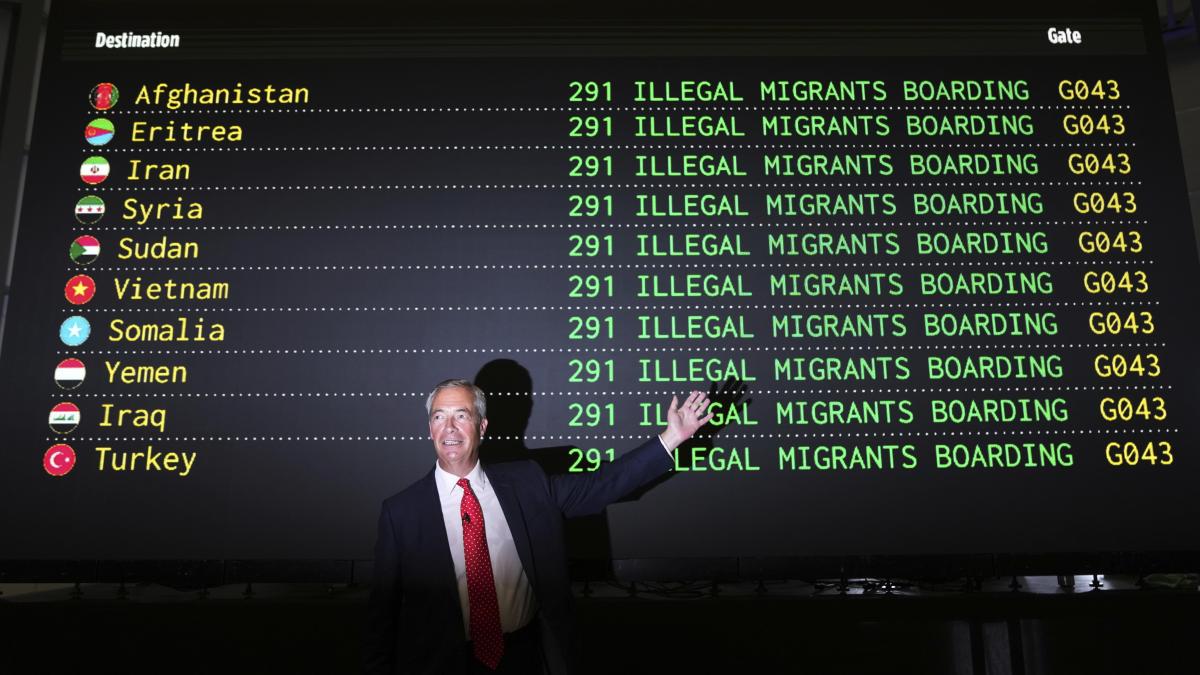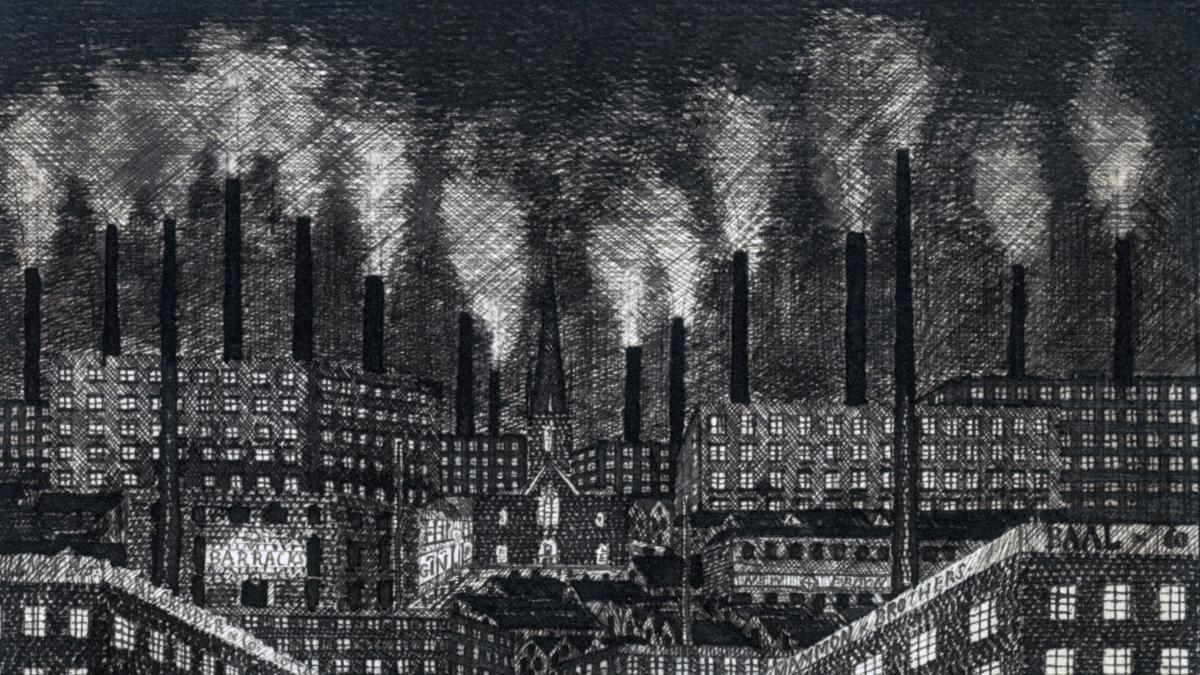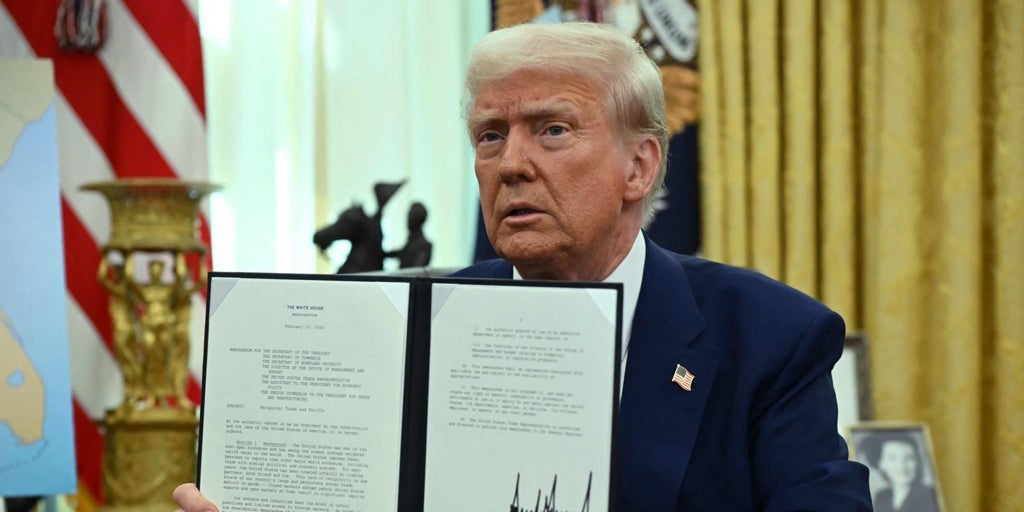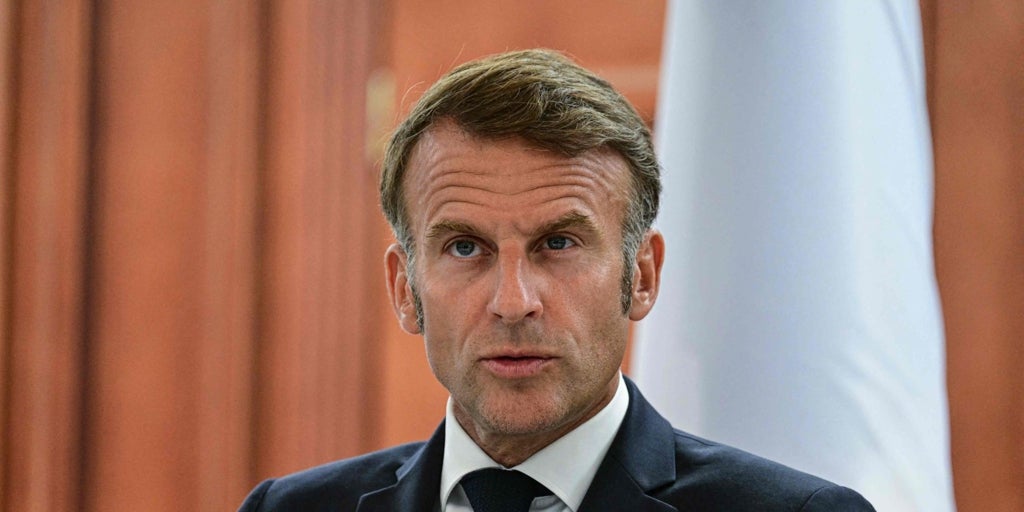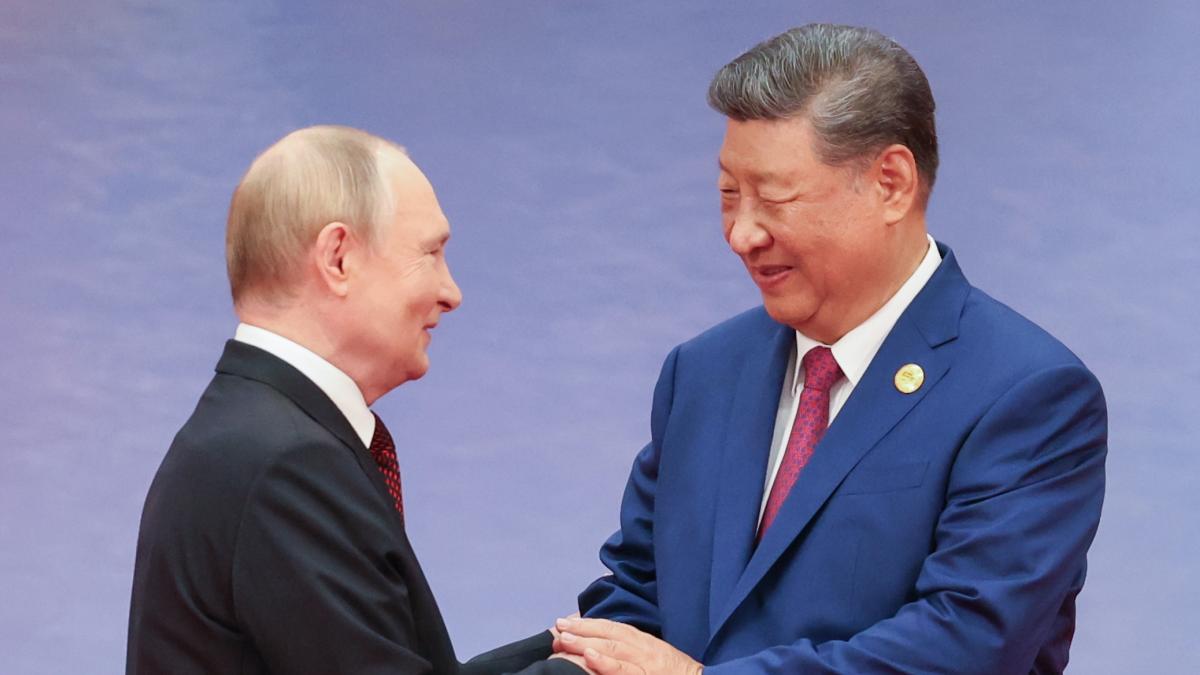In a decisive move that signals China’s steadfast commitment to expanding its global footprint, the nation has effectively outmaneuvered Peru over the rights to the newly inaugurated Chancay Port. This is not just a tale of commerce but a dramatic story woven with the threads of international relations, economic strategy, and regional power dynamics.
As Chinese President Xi Jinping and Peruvian President Dina Boluarte celebrated the virtual inauguration of the Chancay megaproject, the implications of this collaboration were profound and multifaceted. This port stands as a testament to the deepening ties between China and Peru, the first Latin American nation to establish formal diplomatic relations with China back in the Qing dynasty of 1875. But what does it truly mean for Peru’s sovereignty and economic future?
The Peruvian Congress: Cornered into Compliance
Central to the controversy surrounding Chancay is the Peruvian Congress’s recent legal maneuver to alter legislation, thereby ensuring that the port’s operations would be exclusively in the hands of Chinese state-owned COSCO Shipping.
This change was not made lightly. Critics argue that it reflects a broader trend of capitulation to Chinese influence, placed under the guise of economic development. In a nation rich in resources and potential, the leasing of Chancay to a foreign entity raises eyebrows—does Peru lose more than it gains? The law enables COSCO Shipping to run the port, erasing local operational control and responsibility, and potentially leading to repercussions that could echo far beyond the shores of Peru.
A Strategic Gateway: The Significance of Chancay Port
Occupying a historically significant geographical position, approximately 60 kilometers north of Lima, the Chancay Port has been earmarked as a key node in China’s Belt and Road Initiative (BRI). With investment figures climbing to a staggering $3.5 billion, its development is seen as an opportunity for economic renaissance by some, while others fear it hints at a new era of neo-colonialism.
The port promises to enhance Peru’s trade capabilities, aiming to handle around one million containers annually in its initial phase. It boasts superior natural drafts of up to 17.8 meters, making it conducive for the largest vessels traversing the South Pacific. This intricate web of logistics is designed to usher in a new economic era, encouraging exports and facilitating a closer connection with Asian markets.
Are the Stakes Too High?
However, as the project progresses, questions loom over its ramifications. Will the economic windfall genuinely benefit the Peruvian populace, or will the profits funnel back to China, reinforcing existing power imbalances? Labor unions and political figures have expressed concern over job security and the potential neglect of local interests.
Furthermore, the specter of debt dependency looms large. Historically, numerous developing countries have found themselves ensnared in unsustainable debt cycles through BRI projects, raising alarms regarding sovereignty and economic independence.
An Embassies’ Game
The recent summits and high-level visits have only intensified speculation regarding the burgeoning relationship between Beijing and Lima. In June 2024, President Boluarte’s visit to China underscored an eagerness to foster ties but simultaneously cemented a worrying narrative that these ventures often come at a cost.
From the perspective of many Peruvians, supportive opinions toward Chinese investment coexist with skepticism about whether such engagements ensure favorable terms for local businesses or simply deepen reliance on a foreign power.
Conclusion: A Turning Tide in Global Relations
The Chancay Port serves as a microcosm for larger shifts in global economic alliances. It marks a pivotal moment for Peru—a chance to thrive on the global stage or succumb to the tidal forces of external powers. Time will tell which path Peru ultimately chooses.
As the dust settles from this strategic victory by China, one question lingers in the air: Is this the dawn of a new era for Peru, or a siren call luring it into deeper waters of dependency and compromised sovereignty?
Source: Read more here


